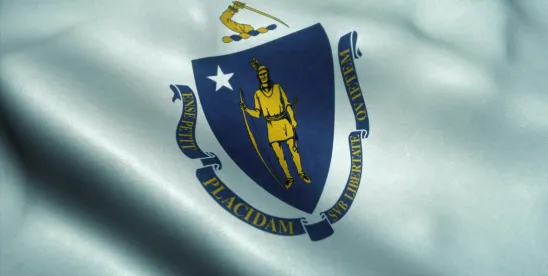The scope of Chapter 93A is not unlimited, as the Appeals Court of Massachusetts recently confirmed in Beaudoin v. Massachusetts School of Law at Andover, Inc. The case involved a law student who was disenrolled from the school for not obtaining a COVID-19 vaccination, contrary to what he alleged were the school’s representations. He brought claims for breach of contract, promissory estoppel, breach of the implied covenant of good faith and fair dealing, negligent misrepresentation, Chapter 93A, and unjust enrichment. The trial court dismissed the complaint under Mass. R. Civ. P. 12(b)(6) for failure to state a claim.
The Appeals Court affirmed the dismissal of the Chapter 93A claim, noting that (i) Chapter 93A, Section 2 prohibits unlawful acts and practices occurring “in the conduct of any trade or commerce” and (ii) although charitable corporations “are not immune” from Chapter 93A’s reach, in most cases, a charitable corporate’s activities in furtherance of its core mission will not be engaged in “trade or commerce” under Section 2. This decision relies on the Supreme Judicial Court’s oft-quoted decision in Linkage Corporation v. Boston Univ. Trustees (1997) and the First Circuit’s Squeri v. Mount Ida Coll. (2020). As the law student’s Chapter 93A claims focused on the alleged unfair and deceptive recruiting of students to enroll at the school, the claims arose from the nonprofit law school’s provision of education to students and, as such, the challenged acts and practices did not fall into “the conduct of any trade or commerce.” The Appeals Court, however, reversed the Trial Court’s dismissal of various common law claims.
This case demonstrates that plaintiffs and defendants alike must always consider whether challenged conduct under Chapter 93A fits the definitions required to trigger coverage and whether adding a Chapter 93A count is appropriate or will cause initial dispositive motion practice.




 />i
/>i

